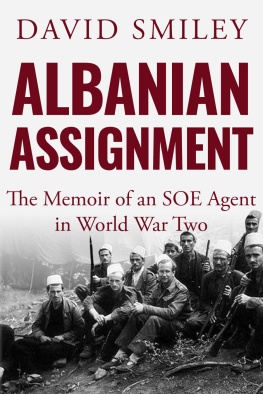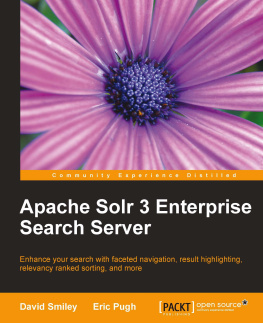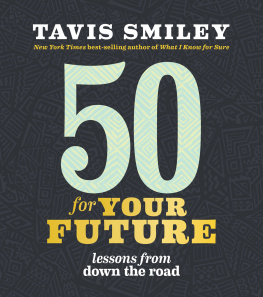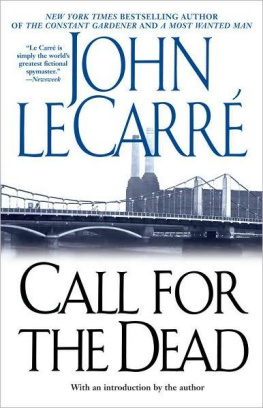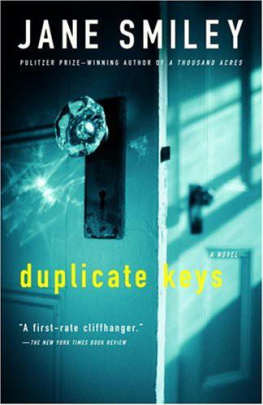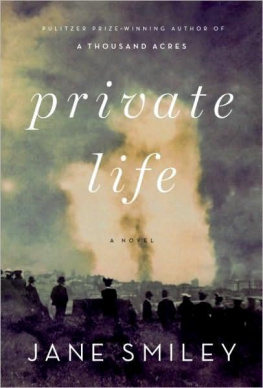ALBANIAN ASSIGNMENT
David Smiley

Table of Contents
TO MY ALBANIAN FRIENDS,
ALIVE AND DEAD
Chapter I: MO4
My first steps towards Albania resulted from a chance meeting with Billy McLean, of the Royal Scots Greys, on a troopship in the Red Sea. In 1940, we were both members of a group of officers from the 1st Cavalry Division in Palestine who had volunteered to join the Somaliland Camel Corps, then hard-pressed by the Italians, who had invaded British Somaliland. Our ship arrived at Berbera on the day that it was decided to evacuate the colony so, staying only long enough to embark a number of evacuees and receive several Italian air raids, the convoy steamed back to Suez.
McLean and I shared our feelings about the war at that time. We feared that our horsed cavalry regiments in Palestine would never be used for more than internal security. To see more action, we would have to find employment in more active units, so we both decided to go to Cairo rather than obey the order to return to our regiments. Our plan worked.
McLean joined an organization known as MO4 and was sent with Colonels Wingate and Sandford to organize Abyssinian irregulars to fight the Italians. I called on General Archie Wavell, an old friend of my family, who was commanding the troops in Egypt and explained my problem to him. With his advice and help I joined the Middle East Commandos, who were just being formed.
Our Commando, No. 52 Middle East, was sent to the Sudan where we were based on the Abyssinian border near Gallabat, under the command of a Brigadier Bill Slim later Field Marshal Lord Slim. We operated behind the Italian lines in Abyssinia, carrying out long-range patrols and ambushes on the enemy supply lines. Later we were withdrawn to Alexandria, where we guarded the docks. While there, I heard that my regiment was about to go into action in Iraq, and with some others of my unit we successfully applied to be allowed to rejoin it. That was a stroke of luck, because my commando was soon disbanded after being killed off or put in the bag in Crete.
I rejoined my regiment, the 1st Household Cavalry Regiment, just after they had been mechanized and in time to raise the siege of Habbaniya and push on to Baghdad. After the campaigns in Syria and Persia, I went in February 1942 with a squadron to the Western Desert. We were equipped with dummy tanks, which provoked our fair share of attacks from the German Stuka dive bombers. We were not sorry to be sent back to Cairo just before Rommel broke through our lines, captured Tobruk, and pressed on to the Egyptian frontier.
After a few days leave in Cairo, we went back to our regiment in Cyprus. I had met McLean again in Cairo. Just back from Abyssinia, he told me that his organization was recruiting officers to parachute into the Balkans to help the resistance movements against the German and Italian armies of occupation. He suggested that I join him. I was not keen to do so at that moment as the regiment was being equipped with armoured cars, and it was rumoured that they were to be sent to the Western Desert. The rumour was true, and we arrived in the desert to find ourselves acting as the armoured car screen to 13 Corps, commanded by General Brian Horrocks. After the breakthrough at Alamein we pushed ahead, collecting thousands of Italian prisoners, having occasional shoot-outs with pockets of German or Italian resistance, and passing vast quantities of abandoned enemy guns, tanks, vehicles and equipment.
Our morale was high, so it was a bitter disappointment when we were ordered not only to halt our pursuit, but to withdraw from the desert and return to Cairo. We did not appreciate at the time that there was not enough petrol and other supplies for the entire 8th Army to continue the advance, and we were among the unlucky ones who had to give up the chase.
While in Cairo, we had heard that we were to be sent up to the Syrian-Turkish border in case the Germans decided to thrust through Turkey into Syria and Palestine, and so threaten Egypt in the rear. I felt this was unlikely and I was depressed at the thought of again missing the war, so I sought out McLean and this time I told him I was keen to join him in MO4. He immediately arranged for me to be interviewed, and I was questioned by various officers including a Major Basil Davidson.
McLean had advised me that any battle experience or knowledge of explosives or guerrilla warfare would help in my interviews. My qualifications were useful. In Palestine, I had done a course on mines and explosives run by the Royal Engineers. I had trained with explosives again in the commandos, served in guerrilla-type operations in Abyssinia, operated against guerrillas in Palestine, and gained battle experience from fighting in Iraq, Syria, Persia, and the Western Desert. I had also been sent on a secret course in the grounds of the monastery at Emwas (the biblical Emmaus), where the students learnt about sabotage, mines, demolitions and guerrilla warfare before returning to pass on their skills to certain groups in their original units. These groups were earmarked to stay behind in Palestine should the Germans get that far; our forces would be withdrawn to Egypt while these stay-behind groups would hide in the mountains from where they would harry the Germans. It never happened, but a number of Jews and Arabs who had been on these courses used their knowledge later on against the British.
MO4 accepted me, but I had to stay with my regiment until summoned. My colonel received my application for a transfer sympathetically possibly he was glad to be rid of a somewhat bolshie officer and I did not rejoin my regiment until after the war.
On 1 January 1943, I reported to the HQ of MO4 in Rustem Buildings, Cairo. I was soon despatched on a months course in Palestine to receive the standard training for agents in the field. The establishment was a requisitioned monastery on the top of Mount Carmel, with a superb view over Haifa and across the bay to Acre. I luckily avoided living in the very uncomfortable camp as an Arab friend, Roy Boutagy, had gone on holiday and had kindly lent me his luxurious flat adjoining the Windsor Annexe Hotel owned by his father. I was halfway up Mount Carmel and only five minutes drive from the school.
There were thirty-six British students on the course, of whom only fifteen passed, and about fifty foreign students, mostly from the Balkans. The work was strenuous, starting at dawn with PT. We studied German and Italian weapons, uniforms, insignia, badges and organization, map-reading, explosives and demolitions, as well as such unorthodox subjects as sabotage of all types, the use of secret inks, tapping telephone lines, lockpicking and safe-blowing.
One lesson sticks in my memory. We were being shown the working of a time pencil attached to an incendiary device when it exploded prematurely, setting our classroom ablaze. The wooden hut was burning furiously, and our anxious instructor urged his pupils to fetch water and sand. One of our more cynical students commented, Let it burn down, and with no classroom we will get a half-holiday this afternoon; and he was right.
On another occasion, a fellow student and I had to row out in the middle of the night in a small rubber dinghy to stick a limpet mine onto the wreck of the Patria , an illegal Jewish immigrant ship that had been lying drunkenly on its side in Haifa harbour for most of the war. It was pouring with rain, and we were soaked through but were prudent enough to be carrying flasks of whisky. The boat nearly upset as we completed our mission.
One instructor was a particular favourite. Stas Lazarowicz was a Polish officer who taught us the use of foreign weapons, as well as pistol shooting. A most charming and entertaining man, blind in one eye, he spoke a droll pidgin English and had a fine sense of humour. However, his cheerful manner hid a personal tragedy, for he had left Poland without knowing the fate of his family, and he had a bitter hatred for both the Germans and the Russians.
Next page
